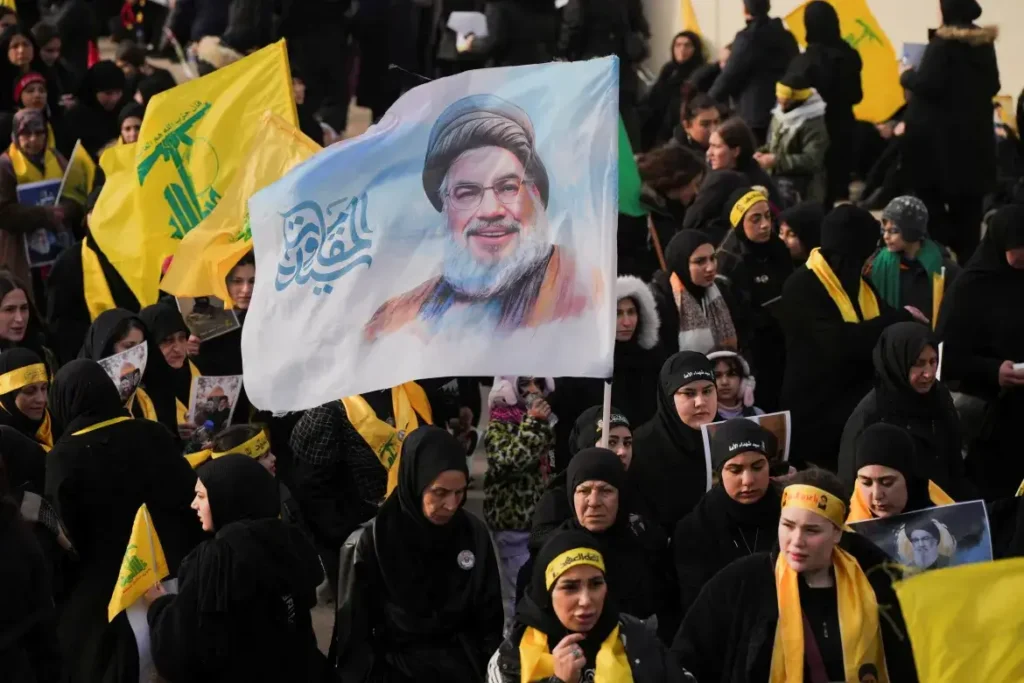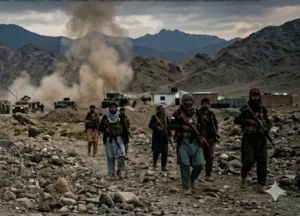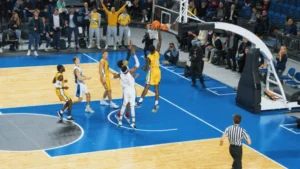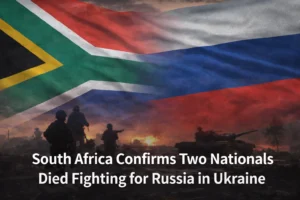Hundreds of thousands gathered at a stadium in Beirut and surrounding streets on Sunday for Nasrallah’s funeral. The event honored the group’s former leader, Hassan Nasrallah, nearly five months after an Israeli airstrike killed him.
Israeli fighter jets dropped over 80 bombs on Hezbollah’s main operations center in a southern Beirut suburb, killing Nasrallah. His death dealt a severe blow to the Iran-backed group which he had led for more than 30 years.
Under his leadership, Hezbollah became a dominant force in the Middle East and a key player in Iran’s axis of resistance. Nasrallah gained widespread recognition after Hezbollah’s 2006 war with Israel ended in a draw.
However, the group’s reputation suffered when it supported former Syrian President Bashar Assad in the country’s civil war. Despite significant losses in its 14-month conflict with Israel, Hezbollah sought to project strength by calling for massive funeral attendance.
A Lebanese official estimated that 45,000 people joined the procession, while Al-Mayadeen reported 1.4 million attendees. Ali Fayyad, a Hezbollah lawmaker, dismissed claims that the group had weakened, pointing to the turnout as proof of its continued influence.
Mourners lined the stress throwing flowers as Nasrallah’s coffin passed. Some in the crowd reached out to touch the coffin, believing it would bring blessings. The funeral also included Hashem Safieddine, Nasrallah’s cousin and successor, who died in an Israeli airstrike days later.
After the procession, Nasrallah was buried in Beirut. At the same time, Safieddine’s burial occurred in southern Lebanon—dignitaries from 65 countries attended, including Iranian parliament speaker Mohammad Bagher Qalibaf and Foreign Minister Abbas Araghchi.
As Nasrallah’s coffin entered the stadium, Israeli warplanes flew overhead, prompting chants of “Death to Israel.” Israeli Defense Minister Israel Katz stated the jets sent a message that threats against Israel would not go unanswered.









